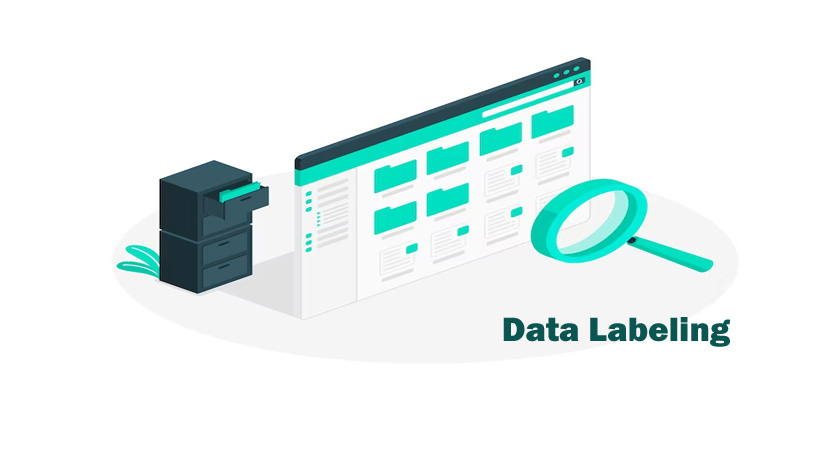Data labeling is a preprocessing stage while developing a machine learning model. This process requires identifying raw data such as texts, files, images, and more documents. Then, the addition of one or more labels to the data to characterize its context for the models and will allow the machine learning model to make accurate predict
The process will allow analysts to isolate variables within databases, and later, this will help select optimal data predictors for machine learning models. It will also help identify the proper data courses to be drawn in for model training and then learn to make the best predictions.
What are the Benefits of Data Labeling?
Labeling has various benefits since it provides users and companies with outstanding quality and usability context. Let us look at more benefits of it:
- It helps in improving the usability of data variables within the model. It means that it helps in aggregating data to optimize the model by reducing the number of model variables or enabling the inclusion of control variables.
- This is one of the most cost-effective ways of collecting new data. Leveraging existing databases through labeling will provide a significant value at a lower cost when compared to collecting new data from scratch. Well, both processes are cost-effective in their ways.
- It allows the personalization of models for particular tasks. The data according to the particular needs of a problem or error models can be tailored to perform well in that particular task.
Conclusion
In conclusion, data labeling is essential in developing machine learning models and data-driven applications. By providing ground truth labels to raw data, This labeling enables the training of supervised learning algorithms. This leads to more accurate and reliable predictions. The benefits of data labeling are diverse, including improved model accuracy, \ quality, domain-specific customization, and faster model development.
Additionally, the labeling contributes to cost-effectiveness, regulatory compliance, and risk mitigation in machine learning projects. Eventually, investing in high-quality labeling processes is essential for harnessing the full potential of data and unlocking actionable insights for various industries and applications.

